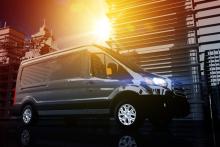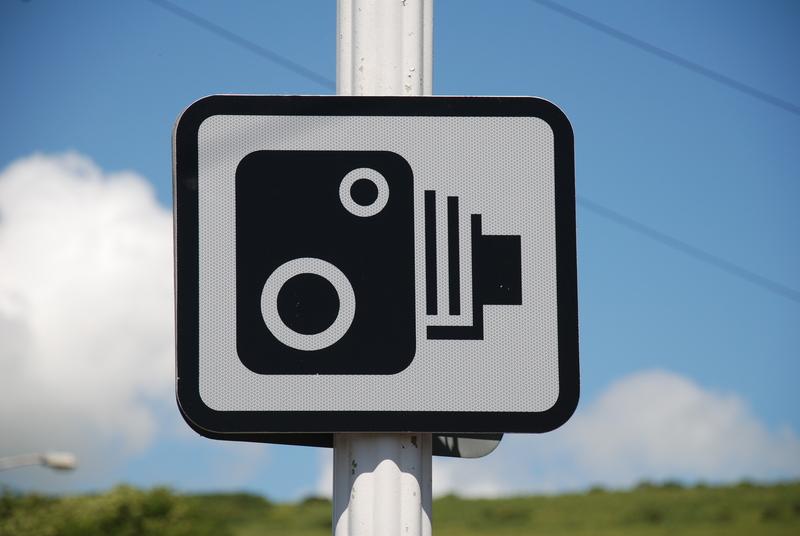The University College London (UCL) research found 63% of ‘gig’ economy respondents – who are not paid a salary - are not provided with safety training about managing risks on the road.
The emerging issues for management of occupational road risk in a changing economy: A survey of gig economy drivers, riders and their managers also revealed 65% of drivers did not receive safety equipment such as a high visibility vests.
More than two in five drivers and riders report their vehicle had been damaged in a collision while working – and 8% of respondents said they were also injured.
For the study, Dr Nicola Christie and Heather Ward (UCL
The document revealed 40% of those using an app found them to be a distraction while driving or riding.
According to UCL, most of the motorbike, moped and scooter courier participants report that the app they use is a distraction as it plays a noise to alert them to a job and provides them with a fixed window to accept it.
“Several participants alluded to personal and third-hand knowledge of security risks including being attacked, acid attacks and bike theft,” the report states.
UCL says other risks to gig economy drivers include tiredness – particularly among parcel couriers – from overwork as participants have admitted they are more likely to take risks such as speeding or jumping red lights to save time.
For the online survey, nearly half of respondents admitted to speeding, two-thirds parked illegally and a third had driven or ridden through a red light.
Ward says the number of hours these drivers need to work and the distances they must travel to earn a stable income increases as more workers enter the economy.
“We know this is an issue but don’t know exactly how far it extends, as not all companies need to report the number of self-employed couriers they use to the government.”
UCL recommends introducing time blocks for couriers to sign up and be paid for, rather than a drop rate. It adds that if drop rates are used they should consider the time taken to travel safely within the speed limit and to carry out tasks such as scanning parcels and obtaining signatures.
Additionally, the document stresses that mobile phones require handling to accept and reject jobs while driving and less distracting interfaces need to be developed by the industry.
Meanwhile, UCL suggests a person within a company should be responsible for managing safety of the people who provide an income for them.
Christie says: “I hope to see the recommendations in this report taken on board by the
A full copy of the report is available on the %$Linker:
Gig economy drivers and riders at increased risk of collisions, warns UCL
Self-employed courier or taxi drivers who get their work through apps could be more likely to be involved in a collision, says a new study.
The University College London (UCL) research found 63% of ‘gig’ economy respondents – who are not paid a salary - are not provided with safety training about managing risks on the road.
The emerging issues for management of occupational road risk in a changing economy: A survey of gig economy drivers, riders and their managers also revealed 65% of drivers did not
Self-employed courier or taxi drivers who get their work through apps could be more likely to be involved in a collision, says a new study.






